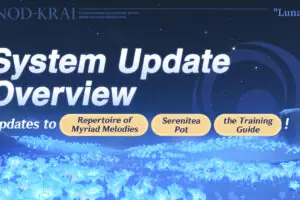On a June 5 Twitch broadcast, former pro Hai Lam was playing solo queue when he ran into an all-too-familiar problem for League of Legends players. After making a couple of mistakes in the early game, two of his teammates decided to AFK. Hai’s team was screwed. And he wasn’t happy.
He told them they had a “shit attitude” and said one was being a “terrible” player.
A few matches later, he received a chat restriction for 10 games.
Many believe the League community is regressing and a culture of toxic, game-ruining behavior is quickly spreading. Searching “toxic” on the game’s subreddit reveals numerous complaints from fed-up players, a topic also discussed by a multitude of pros and streamers. And Riot’s lack of action and underwhelming report system does little to curb offenders.
To solve such a delicately paramount issue, “the problem needs to be fixed from both ends,” Hai said.
Hai’s recent chat restriction caught the ire of the community. Fans, pros, and content creators struggled to understand the punishment. Hai is considered one of the scene’s most upstanding figures, even founding esports organization Radiance around a culture of respect, friendliness, and positivity. But exhibiting mild frustration towards two griefers was deemed against League’s code of conduct, resulting in a penalty.
While Hai admits that he wasn’t being “positive” in his language towards the AFK players, he feels the chat restriction was unjust and that a warning would have sufficed.
“If I was a repeat offender or had previous punishments, I could see the restriction being more justified,” Hai said. “But as a first time ‘offense’ on something that is pretty minor, it was pretty disheartening.”
Even though Riot’s communication with content creators is “usually pretty good,” according to Hai, he suspected the player support rep who explained his chat restriction was using “cut/paste templates as responses.”
Hai agrees that player behavior has gotten worse over the years, but calls it a “hard thing to solve.”
“The community is at fault for the state of Solo Q, whether they want to admit it or not,” he said. “Yes, Riot can directly influence it by issuing out more punishments to people griefing, AFKing, and inting. However, it wouldn’t be a problem if people didn’t promote/excuse that behavior in the first place.”
Hai hopes Riot can “spur action” by punishing repeat offenders and adding more resources into managing the report system. The problem “needs to be fixed from both ends.”





